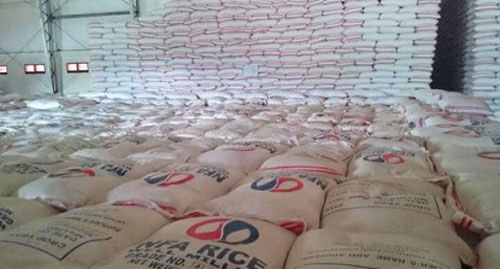The country needs to repopulate decimated hog populations, momentarily supplement any shortfall with meat imports and effectively contain the avian flu outbreak, the Department of Finance (DOF) said yesterday.
In an economic bulletin released yesterday, the DOF said the economy continues to face inflationary pressures from both food and non-food items.
“The lingering effects of the African swine fever continues to threaten food security and is further complicated by the ongoing geopolitical tension that has implications on both food and energy security,” the DOF said.
“Moreover, avian flu outbreaks in parts of the country pose threats to the poultry sector,” it added.
The general price level accelerated by 4.9 percent in April, further picking up speed from the 3.97 percent increase in March.
The April print came out higher than the economists’ median outlook of 4.6 percent, the DOF said.
Food price inflation jumped from 2.75 percent in March to 3.96 percent in April, while non-food price inflation also picked up pace from 4.98 percent to 5.43 percent on the back of continued global oil price hike.
“In the short-term, non-food price inflation will continue to be driven by developments in the global energy market. Dubai crude oil continues to hover high, averaging $102.68/bbl in April, up by 64.6 percent from the same month last year but declining by 9.2 percent, month-on-month,” the DOF said.
“The futures market for oil continues to be in backwardation (i.e., the spot price is higher than near-term futures contracts which are, in turn, higher than longer-term contracts), suggesting tight supply conditions and higher convenience yield associated with having on hand the physical commodity,” it added.
While higher energy prices in the world market ultimately get translated into higher local pump prices, the DOF reiterated that it would be a policy mistake to suspend fuel taxes since it will be the top 10 percent of the population that will gain the most as they account for nearly half the fuel consumption in the country.
“The appropriate policy instrument to address elevated energy prices is targeted transfers to vulnerable groups rather than blanket non-taxation to all,” it added.





